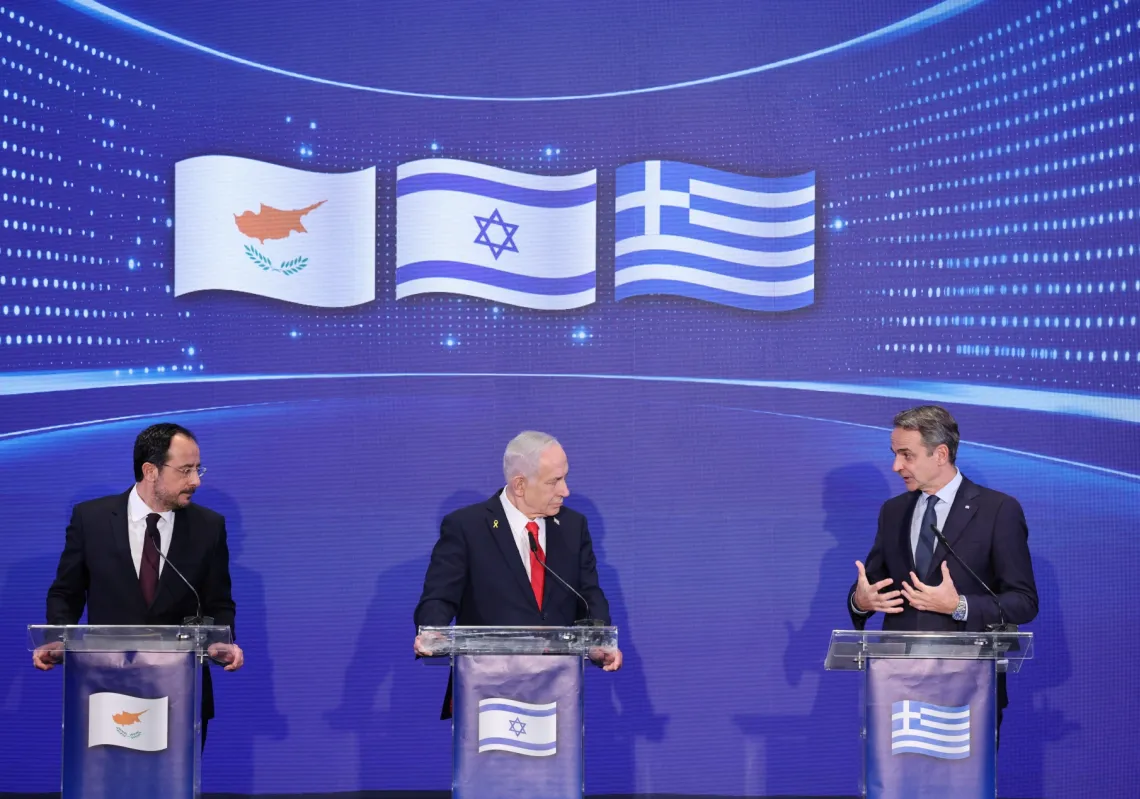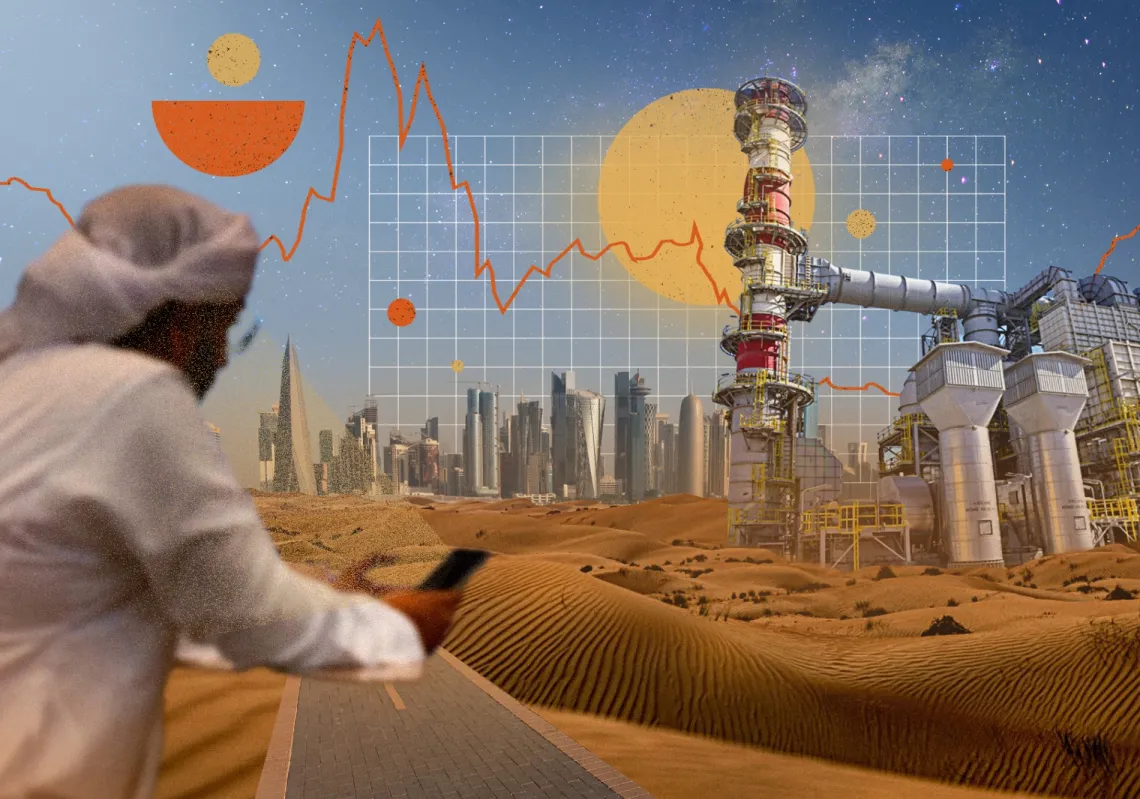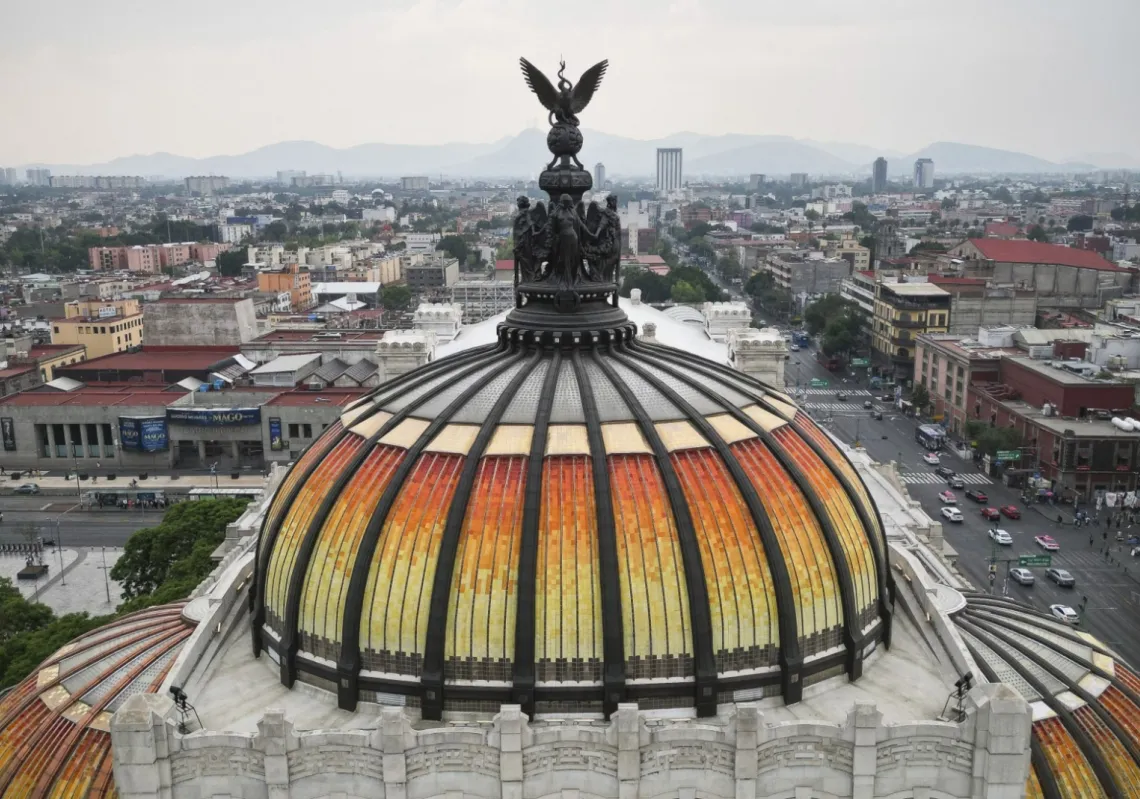 [/caption]
[/caption]
After nearly a week of the deadliest violence seen in Egypt since the fall of former President Hosni Mubarak, calm has descended on Cairo – but one wonders for how long?
Some of the key issues dividing protesters and the military remain in place, most notably the refusal of the ruling generals to countenance any immediate transfer to a civilian authority.
As if to emphasise how far apart the two sides remain from one another, yesterday the army built a 7ft-high breezeblock wall in Mohamed Mahmoud Street, the road leading from Tahrir Square which has seen some of the worst violence.
The military seems determined that Monday’s parliamentary elections, which a number of political forces have said should be postponed, will go ahead on time.
That suits the Muslim Brotherhood just fine. Given how much Egypt’s most influential political force stands to gain from the vote, any talk of a suspension has been greeted with a chilly response.
[inset_left]The Military Council is banking on isolating those in Tahrir Square[/inset_left] Yes, they say, we abhor the violence which has shaken the country so badly this week; and of course, they insist, they demand justice for those who have “sacrificed their blood” during the riots.
But suspend a poll which could see them fulfil a decades-old ambition of clasping political power? No chance.
It hasn’t endeared them to some of the other political factions which have been camped out in Tahrir Square, who accuse the group of rank expedience.
“The Muslim Brotherhood want an election as soon as possible,” said Mohammad el-Gamma from the liberal Al-Adl Party. “They don’t want any change in the dynamic.”
With so much at stake, who can blame them? But it has not stopped splits emerging from within the movement, as both senior members of the organisation and Young Turks from the Brotherhood Youth defied orders from on high not to go to Tahrir Square.
All of this has happened at bewildering speed, apparently out of nowhere.
The spark was lit when riot police who, betraying their usual lack of guile, violently broke up a small sit-in in Tahrir Square last Saturday morning. Word soon spread, and by nightfall thousands of people had arrived in Downtown Cairo to express their anger at the clearout.
As if deliberately trying to pour oil on the fire, the following day the army again attempted to clear the square. But in doing so it managed once and for all to put to bed the revolutionary shibboleth that the “army and people are on one hand”.
Video footage of the operation, subsequently broadcast on Al-Jazeera and the website of independent newspaper Al-Masry Al-Youm, showed troops dishing out brutal treatment to civilians who had been unfortunate enough to find themselves in harm’s way.
The images showed an apparently lifeless man being dragged across the asphalt and dumped in the gutter close to another pile of demonstrators, who look like they too have been killed.
In the other film, soldiers drag an activist across the floor by his or her hair and are then seen beating a civilian who is lying limp on the ground and already unconscious.
The treatment of demonstrators in Tahrir Square that day galvanised many Egyptians who were already suspicious about the military’s intentions.
By nightfall Cairo was boiling. Field hospitals, crammed to capacity, were struggling to cope with an unrelenting stream of activists who had been shot at or gassed during the violent clashes with police in the roads leading off Tahrir Square.
Throughout the course of the week, parts of the city felt a warzone. Explosions and gunfire echoed around the shattered streets, while activists rushed moaning youngsters back from the frontline under the flicker of failing street lamps.
But although this week’s violence seemed like it had erupted from nowhere, it was in fact the culmination of months of grievances.
Protesters had long bemoaned the ruling general’s prolific use of the military court system to try thousands of civilians, while the detention of journalists and bloggers suggested a ruling elite which had no intention of forsaking the norms of Mubarak-era despotism.
Things got worse in September when the military said it would be renewing the hated Emergency Laws following deadly clashes outside the Israeli embassy in Cairo.
But it was last month’s bloodshed following a mainly-Christian demonstration in the centre of the capital which really tarnished the generals.
The images of armoured cars swerving into crowds of demonstrators and allegations that the troops had opened fire on civilians was enough to convince many Egyptians that the people and army were no longer on the same limb.
Seen in that context, the attack by riot police on demonstrators last Saturday – and the violence that followed – appears in sharper relief.
The Military Council is banking on isolating those in Tahrir Square. It effectively said as much yesterday, when Maj. Gen. Mukhtar el-Mallah told reporters at a press conference that "we will not relinquish power because of a slogan-chanting crowd.”
But with demonstrators saying they will not leave the Square until the military immediately stands down - and the generals explicitly refusing to do so - surely it will not be long before the ceasefire brokered yesterday in Mohamed Mahmoud Street comes unstuck.









